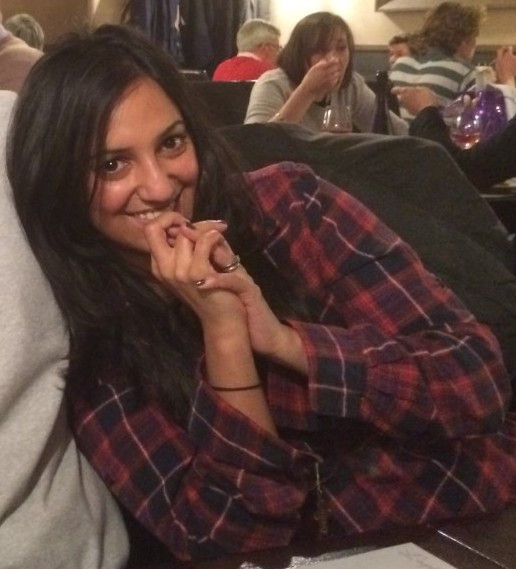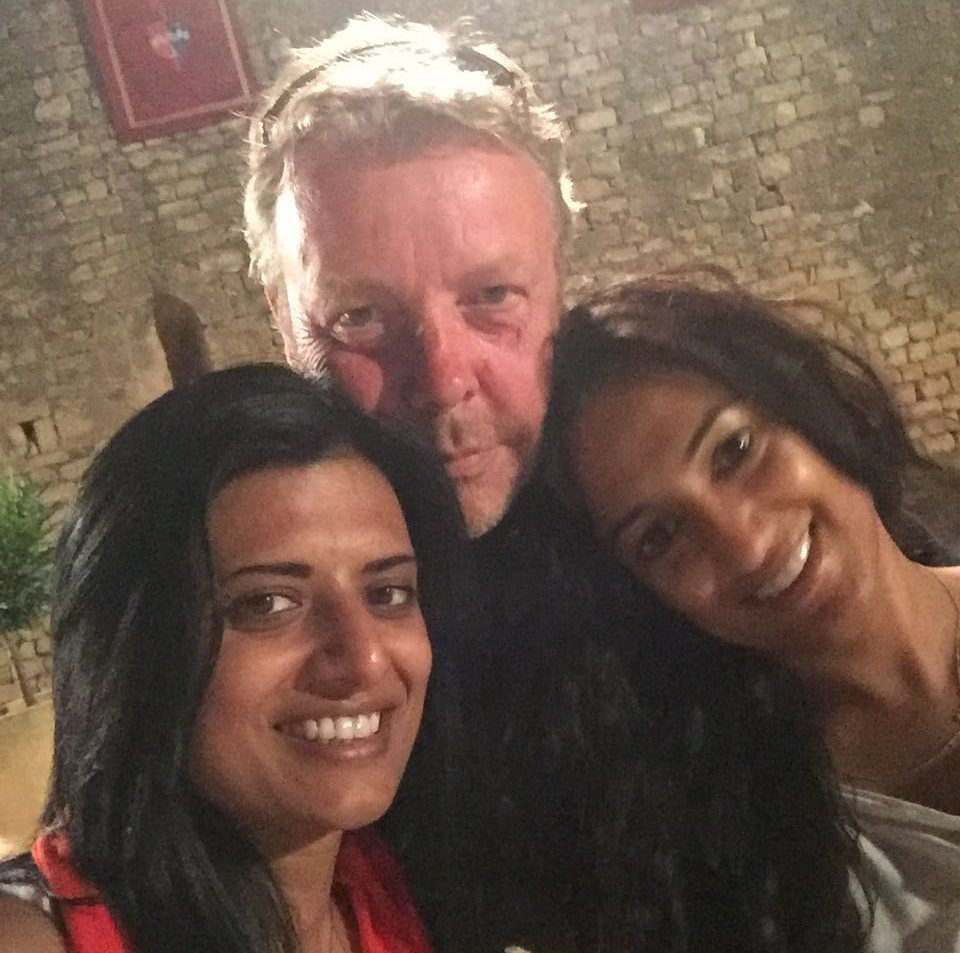The saying “Family Is Everything” is a common mantra, often repeated and deeply ingrained in societal beliefs. Phrases like “blood is thicker than water” reinforce the idea that family ties should always take precedence. While the sentiment behind cherishing family is understandable, the notion that family should be everything can be problematic and even detrimental to personal growth and self-discovery. What happens when your family’s values and expectations clash with your own identity and aspirations?
For many, family provides a sense of belonging and support, but for others, it can feel restrictive and suffocating. The idealized image of family loyalty, often portrayed in popular culture and traditional wisdom, can pressure individuals to conform, even at the expense of their own happiness and authenticity. Criticizing the concept of “family is everything” might seem unconventional, but for those who feel out of sync with their family, questioning this mantra is essential for personal liberation.
Growing up, I was part of a large extended family with frequent gatherings and celebrations. While I appreciated the closeness and connection, there were also aspects that felt stifling. Well-meaning relatives often felt entitled to offer unsolicited advice and judgments about my life choices. From commenting on a drink at a party at the age of 18 to questioning the practicality of a philosophy degree, their opinions, though perhaps well-intentioned, highlighted a fundamental difference in perspective. It wasn’t about disliking them as individuals, but rather recognizing that we operated on different wavelengths, speaking different languages in terms of life values and aspirations.
It feels almost transgressive to articulate these thoughts, as society often places family on a pedestal, discouraging open and honest conversations about its complexities. From childhood, we are taught to value individuality and embrace our unique qualities, yet this message often gets diluted when it comes to family expectations. The pressure to conform to familial norms can be immense, making it difficult to voice dissenting opinions or pursue paths that deviate from the family’s established traditions.
My family background includes a religious Christian upbringing and a patriarchal culture, particularly prevalent in my parents’ generation. Traditional roles for women, emphasizing submissiveness, modesty, and conformity, were often upheld by older relatives. While my immediate family, especially my parents, held more liberal views, some uncles and aunts still expected adherence to these conservative ideals. This cultural context often clashed with my inherently questioning nature. My skepticism and independent thinking made it challenging to blindly accept cultural norms and religious doctrines without critical examination. It was not faith itself that I questioned, but rather the cultural interpretations and expectations associated with it.
 Embracing individuality and friendship outside family expectations. Kiran Sidhu pictured with a supportive friend.
Embracing individuality and friendship outside family expectations. Kiran Sidhu pictured with a supportive friend.
The concept of feminism, in its essence, is about challenging predefined roles and advocating for equality and individual autonomy. While I resist labels and rigid categorizations, my inherent drive to question norms and forge my own path aligns with feminist principles. Even as a child, I questioned societal expectations, struggling to understand why family friends felt entitled to arrange marriages for cousins they barely knew. Fortunately, my parents were open-minded and respected my independent thinking. They valued education, especially for women, believing it empowered them to be self-reliant. This progressive outlook shielded me from the pressure of arranged marriage, a reality faced by some of my cousins. While those choices were right for them, my path was different.
University provided an escape and an opportunity for intellectual exploration. Studying philosophy broadened my horizons and strengthened my critical thinking skills. Upon returning home after graduation, I engaged in challenging conversations with my parents, questioning traditional beliefs and cultural practices like dowry. My father, in particular, engaged in these discussions with intellectual curiosity and often agreed with my perspectives. While I accepted my extended family’s way of life, I realized that this acceptance was not always reciprocated.
The beauty of the world lies in its diversity, and human personalities are no exception. Personal growth necessitates exposure to a multitude of voices and perspectives, not just those within our family circle. Belonging to a family should be a source of love and support, not a constraint on personal freedom and self-expression. It’s about finding your own voice amidst the chorus of expectations, not simply echoing the narrative dictated by your family.
Even though marriage was not a primary life goal, I eventually married at 29. Prior to that, the persistent question of “settling down” from family members underscored the pressure to conform to their life timeline. Over time, it became clear that for some members of my extended family, love was conditional. It was contingent upon adhering to their expectations and embodying an identity that was not authentically mine. Questions about dressing more conservatively or being less outspoken revealed a desire for me to fit into their mold, rather than accepting me for who I was.
Turning outwards, rather than inwards towards my family, became crucial for my personal growth. My openness to different perspectives and ways of life was perceived as radical by some. Seeking solitude and new experiences became essential for self-discovery. A month-long solo trip to New York City in my 40s, fulfilling a long-held dream from my 20s, exemplified this desire for independence and exploration. This decision was met with disapproval from some family members, who equated solitude with loneliness and struggled to understand my need for personal space and self-reflection.
 Finding your own family: Kiran Sidhu with her husband and cousin, highlighting chosen family and supportive relationships beyond traditional family norms.
Finding your own family: Kiran Sidhu with her husband and cousin, highlighting chosen family and supportive relationships beyond traditional family norms.
The fundamental difference between myself and certain family members lies in the understanding of identity. For me, identity is individual and self-defined, not derived from a collective or dictated by familial expectations. My husband, an artist, deeply understands and values individuality, solitude, and the importance of having one’s own voice. He embraces my adventurous spirit and independent nature, celebrating the woman he married.
While I cherish connections with my family and enjoy spending time with them, I recognize the importance of boundaries. Their opinions and expectations do not need to dictate my life choices. Although occasional comments about my lifestyle choices still arise, I have learned to disregard them. In some cases, cutting off contact with family members became necessary to maintain healthy relationships and protect my well-being from their persistent negativity.
Thankfully, within my extended family, there are also individuals with whom I share genuine camaraderie and understanding, particularly my cousins. We share core values, even when our views diverge, and mutual respect and acceptance form the foundation of these relationships. There have also been pivotal family figures who have profoundly impacted my life in positive ways, such as my mother and a beloved aunt. However, within a large extended family of around 100 people, it’s unrealistic to expect deep and meaningful connections with everyone.
Life is a collection of moments, and it should also be a tapestry woven with individuals who accept us, flaws and all. Living life on my own terms, a principle reinforced by my mother’s untimely passing at 62, has been paramount. Growing up feeling like a “failure” for not aligning with the “family is everything” mantra was a significant struggle. Taking that phrase literally would have undoubtedly stifled my personal growth and prevented me from living the adventurous and experimental life I cherish.
Instead, I sought out diverse company, explored challenging experiences, and confronted difficult truths through writing. I questioned cultural norms and societal expectations, paving my own path. Only in adulthood have I truly embraced the liberating realization that family is not always everything. Society’s unquestioning acceptance of this mantra can be destructive, particularly for those from dysfunctional families. To blindly adhere to this ideal is to ignore the complexities of human relationships and view the world through rose-tinted glasses.
Allowing external narratives to dictate your life can lead to a sense of inauthenticity and unfulfillment. It’s crucial to listen to your inner voice and forge your own path, even if it deviates from family expectations. The freedom to listen to your own heart and pursue self-discovery is, in itself, everything. I have found homes and belonging in diverse places and people – friendships, books, and cities like New York, Chicago, Thailand, and Paris – places where I feel understood and accepted for who I truly am.
It is vital to resist being confined by a predetermined family narrative and to embrace your authentic self. The world needs to see your unadulterated individuality. Discovering and embracing your own idiosyncrasies is what gives life meaning and purpose. I have learned that my independence far exceeds what my family might have initially believed. Ultimately, I am the author of my own life story, and no one else will hold the pen.

